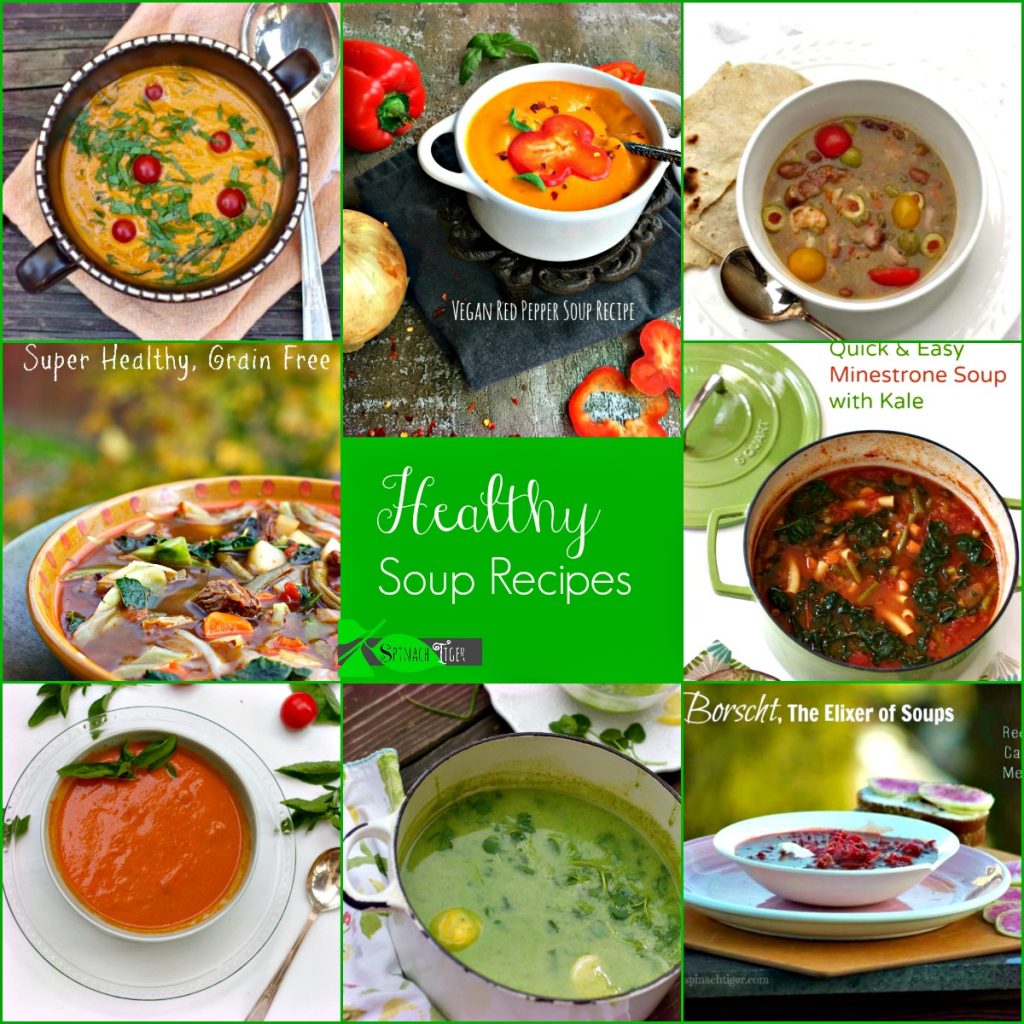
Eat to Elevate: Fueling Your Brain for Peak Performance
We all crave that feeling: laser-sharp focus, mental clarity so bright it illuminates the day. But achieving this coveted state isn’t just about willpower; it’s about fueling your brain with the right nutrients. Forget the sugary crashes and brain fog – “Eat to Elevate: Nutrient-Dense Recipes for Enhanced Focus and Clarity” is your guide to unlocking your brain’s full potential through mindful eating.
This isn’t just another diet book; it’s a culinary journey into the world of brain-boosting foods. We’ll explore the science behind optimal brain function, debunking common myths and revealing the surprising power of specific ingredients. We’ll discover that nourishing your mind isn’t about restriction, but about embracing vibrant, delicious meals that energize both your body and your mind.
The Science of Sharpness:
Our brains are incredibly complex organs, demanding a constant supply of energy and specific nutrients to function at their best. Think of them as high-performance engines requiring premium fuel. While caffeine might offer a temporary boost, it’s the sustained release of energy from nutrient-rich foods that truly makes the difference. This book will delve into the essential macronutrients (carbohydrates, proteins, and fats) and micronutrients (vitamins and minerals) that are crucial for cognitive function, memory, and overall mental well-being. We’ll uncover the roles of:
- Omega-3 Fatty Acids: Essential for brain structure and function, supporting memory and reducing inflammation.
- Antioxidants: Protecting brain cells from damage caused by free radicals.
- B Vitamins: Crucial for energy production and neurotransmitter synthesis.
- Iron: Preventing anemia, which can impair cognitive function.
Beyond the Basics: Recipe Revolution
This isn’t about bland, restrictive diets. “Eat to Elevate” is a celebration of flavor and vibrant, nutrient-packed recipes designed to tantalize your taste buds while nourishing your brain. Each recipe is meticulously crafted to provide a balanced blend of brain-boosting ingredients, making healthy eating both enjoyable and convenient. We’ll explore a wide range of culinary styles, from quick and easy breakfasts to satisfying lunches and dinners, ensuring there’s something for everyone. Imagine:
- Breakfast Power Bowls: Bursting with berries, nuts, seeds, and a drizzle of honey for sustained energy.
- Focus-Fueling Salads: Packed with leafy greens, avocado, and lean protein for sharp concentration.
- Brain-Boosting Smoothies: A delicious and convenient way to get your daily dose of essential nutrients.
- Evening Calming Soups: Rich in tryptophan and magnesium to promote relaxation and restful sleep.
Sample Recipes & Ingredient Spotlight:
| Recipe Name | Key Ingredients | Benefit |
|---|---|---|
| Berry Brain Boost | Blueberries, almonds, chia seeds | Antioxidant power, sustained energy |
| Avocado Power Salad | Avocado, spinach, grilled chicken | Healthy fats, protein, vitamins |
| Golden Turmeric Latte | Turmeric, ginger, almond milk | Anti-inflammatory, mood boost |
| Salmon Super Bowl | Salmon, quinoa, broccoli | Omega-3s, protein, fiber |
Beyond the Plate: Lifestyle Integration
“Eat to Elevate” isn’t just about the food on your plate; it’s about integrating mindful eating into your overall lifestyle. We’ll explore the connection between diet, sleep, stress management, and cognitive function. We’ll provide practical tips and strategies for creating a holistic approach to brain health, fostering a supportive environment for peak mental performance.
Unlock Your Potential:
“Eat to Elevate” is more than a cookbook; it’s an investment in your cognitive well-being. It’s a journey of discovery, where you’ll learn to fuel your brain for optimal performance, unlocking your potential for greater focus, clarity, and overall success. Embrace the power of mindful eating and embark on this transformative journey towards a sharper, more energized you.

Additional Information
Eat to Elevate: A Deeper Dive into Nutrient-Dense Diets for Cognitive Enhancement
The premise of “Eat to Elevate” – that dietary choices significantly impact cognitive function – is well-supported by a growing body of scientific literature. While the book likely presents a collection of recipes, a deeper analysis requires examining the underlying nutritional principles and their impact on brain health. This analysis will explore key nutritional components, their mechanisms of action, and potential limitations of a solely dietary approach.
I. Key Nutritional Pillars and their Mechanisms:
The book likely emphasizes specific macronutrients and micronutrients crucial for optimal brain function. Let’s delve into some key players:
-
Omega-3 Fatty Acids (EPA & DHA): These are integral components of brain cell membranes, influencing fluidity and signaling. Studies have linked low omega-3 intake to increased risk of cognitive decline and depression. For example, a meta-analysis published in PLoS ONE showed a significant association between higher omega-3 consumption and improved cognitive performance, particularly in older adults. However, the effect size varies depending on factors like baseline cognitive status and dosage. The book should clarify recommended intake levels and sources (fatty fish, flaxseeds, chia seeds).
-
Antioxidants (Vitamins C & E, Polyphenols): These combat oxidative stress, a major contributor to neuronal damage and aging. Free radicals, byproducts of metabolic processes, can disrupt cellular function. Antioxidants neutralize these free radicals, protecting brain cells. Studies on the protective effect of antioxidant-rich diets against neurodegenerative diseases like Alzheimer’s are ongoing and yield mixed results, highlighting the complexity of these interactions. The book should ideally differentiate between the efficacy of different antioxidants and specify recommended food sources.
-
B Vitamins (B6, B9, B12): Essential for the synthesis of neurotransmitters like dopamine and serotonin, crucial for mood regulation, memory, and focus. Deficiencies in B vitamins are linked to cognitive impairment. The book should discuss the synergistic effects of these vitamins and the importance of adequate intake for optimal brain health. For example, studies have shown that B vitamin supplementation can improve cognitive performance in individuals with existing deficiencies.
-
Choline: A precursor to acetylcholine, a neurotransmitter vital for memory and learning. Dietary choline is found in eggs, liver, and soybeans. Research suggests that adequate choline intake supports healthy brain development and function throughout life. The book should ideally provide practical guidance on incorporating choline-rich foods into a balanced diet.
II. Limitations and Considerations:
While a nutrient-dense diet forms a crucial foundation for brain health, it’s crucial to acknowledge limitations:
-
Individual Variability: Genetic predisposition, gut microbiome composition, and pre-existing health conditions significantly influence how individuals respond to dietary interventions. A one-size-fits-all approach may not be effective.
-
Beyond Nutrition: Cognitive function is multifactorial, influenced by sleep quality, stress levels, physical activity, and social engagement. The book should acknowledge the synergistic effects of these factors and ideally incorporate recommendations for a holistic approach to brain health.
-
Potential for Bias: The selection of recipes and nutritional advice should be critically evaluated for potential biases, such as overemphasis on specific dietary trends without strong scientific evidence.
-
Sustainability and Accessibility: The cost and accessibility of nutrient-rich foods vary considerably depending on geographic location and socioeconomic status. The book should consider these limitations and offer adaptable options for diverse populations.
III. Future Research Directions:
Future research should focus on:
- Personalized Nutrition: Utilizing genetic testing and microbiome analysis to tailor dietary recommendations for optimal cognitive benefits.
- Longitudinal Studies: Tracking the long-term effects of nutrient-dense diets on cognitive function across different age groups.
- Interaction Effects: Investigating the interplay between various nutrients and lifestyle factors on brain health.
In conclusion, while “Eat to Elevate” likely offers valuable insights into the link between nutrition and cognitive performance, a critical analysis necessitates a deeper understanding of the complex interplay between various nutrients, lifestyle factors, and individual variability. A balanced and comprehensive approach that considers these factors is essential for maximizing cognitive health and well-being.
